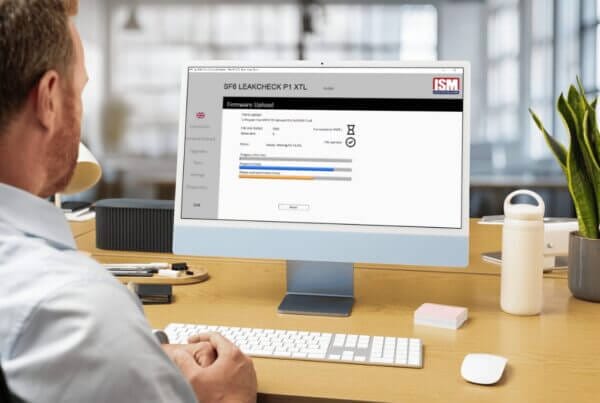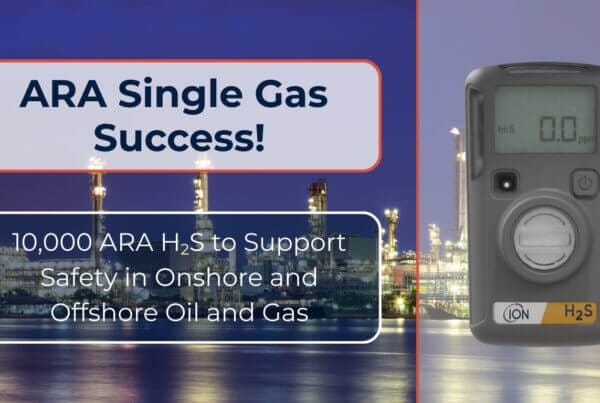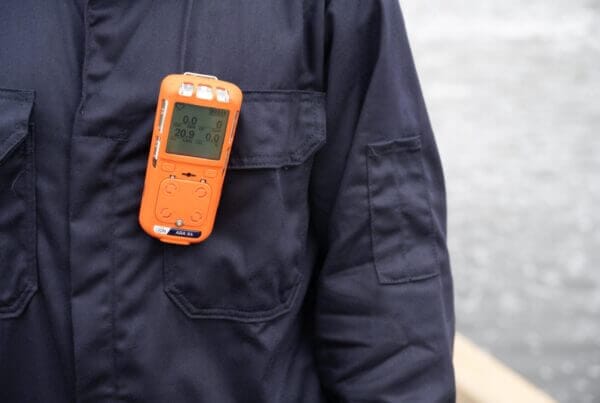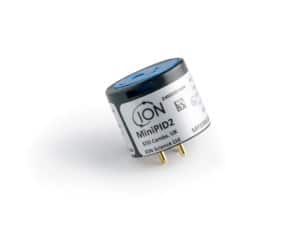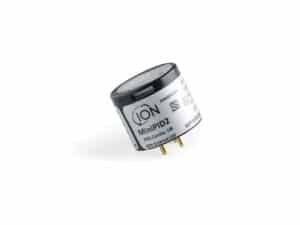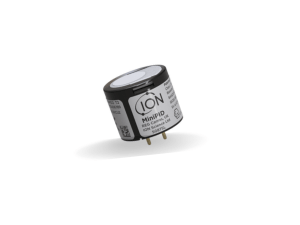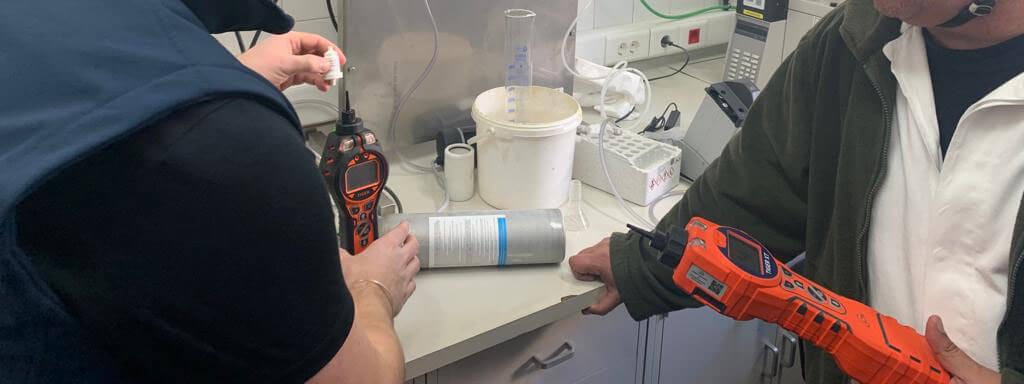
Addressing DCM and VOC Emissions in the Pharmaceutical Industry with Tiger 11.7 eV
Emission and leaks of volatile organic compounds (VOCs), particularly Dichloromethane (DCM, CAS: 75-09-2), pose a significant challenge for pharmaceutical companies. DCM is frequently used in pharmaceutical manufacturing processes due to its effectiveness as a solvent. However, its release into the environment can have severe consequences, including harm to ecosystems and human health. Therefore, the detection and mitigation of such emissions are crucial for environmental compliance, worker safety, and maintaining overall operational efficiency to prevent future leaks.
The Importance of Detecting DCM Emissions
DCM emissions are a critical concern because of their potential health risks and environmental impact. Exposure to DCM can lead to acute symptoms such as dizziness, nausea, and irritation of the respiratory tract, and prolonged exposure may result in more severe health issues. Furthermore, VOCs contribute to the formation of ground-level ozone and smog, which are harmful to both human health and the environment. For pharmaceutical companies, ensuring that DCM emissions are adequately managed is not only a regulatory requirement but also a moral and operational imperative.
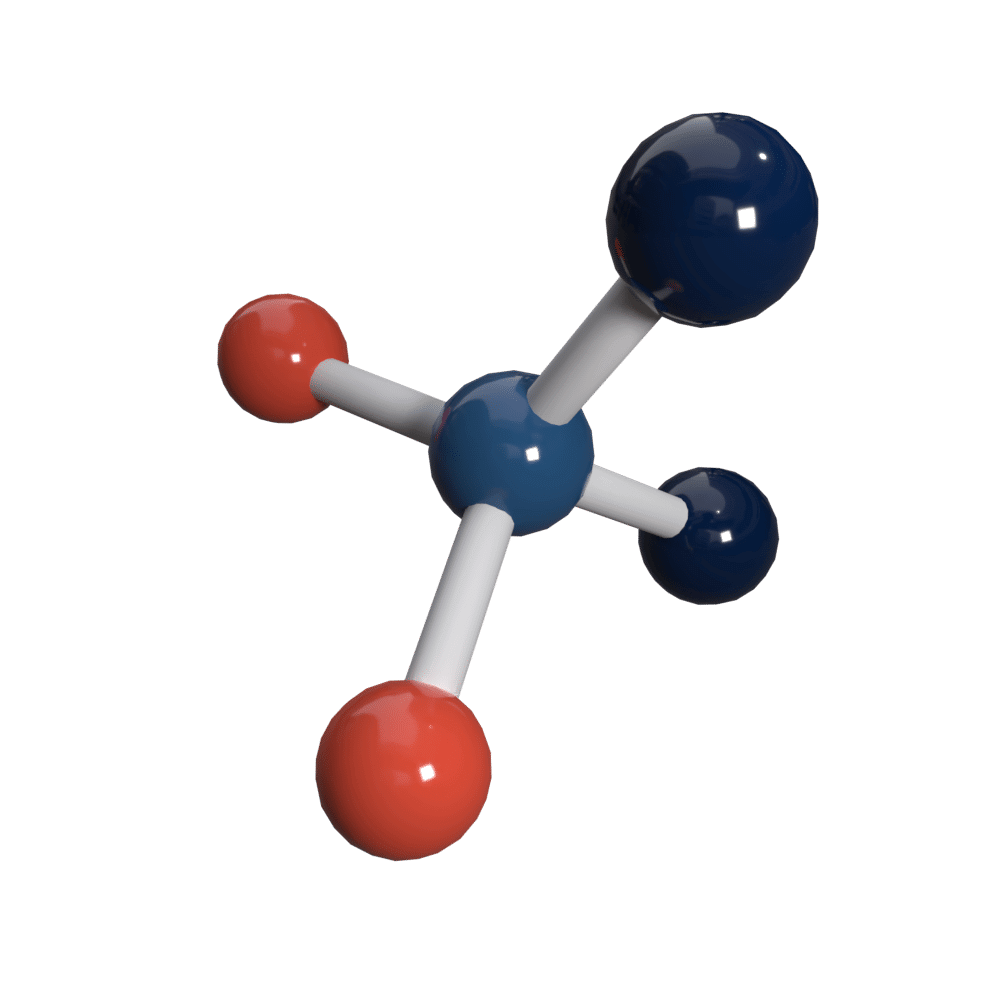
Hovione’s Solution: Tiger 11.7 eV
To address the challenge of DCM emissions, Hovione, a leading pharmaceutical company, employed the Tiger 11.7 eV gas detector. This advanced technology provided Hovione with a reliable tool to identify leaks and emissions of DCM, as well as other harmful VOCs, within their facilities. The use of Tiger 11.7 eV enabled Hovione to:
- Detect Leaks Early
- Verify Maintenance Success
- Ensure Worker Safety
Want to Learn More?
Click below to learn why Tiger 11.7 eV was the premium solution for detecting DCM in pharmaceutical applications.

